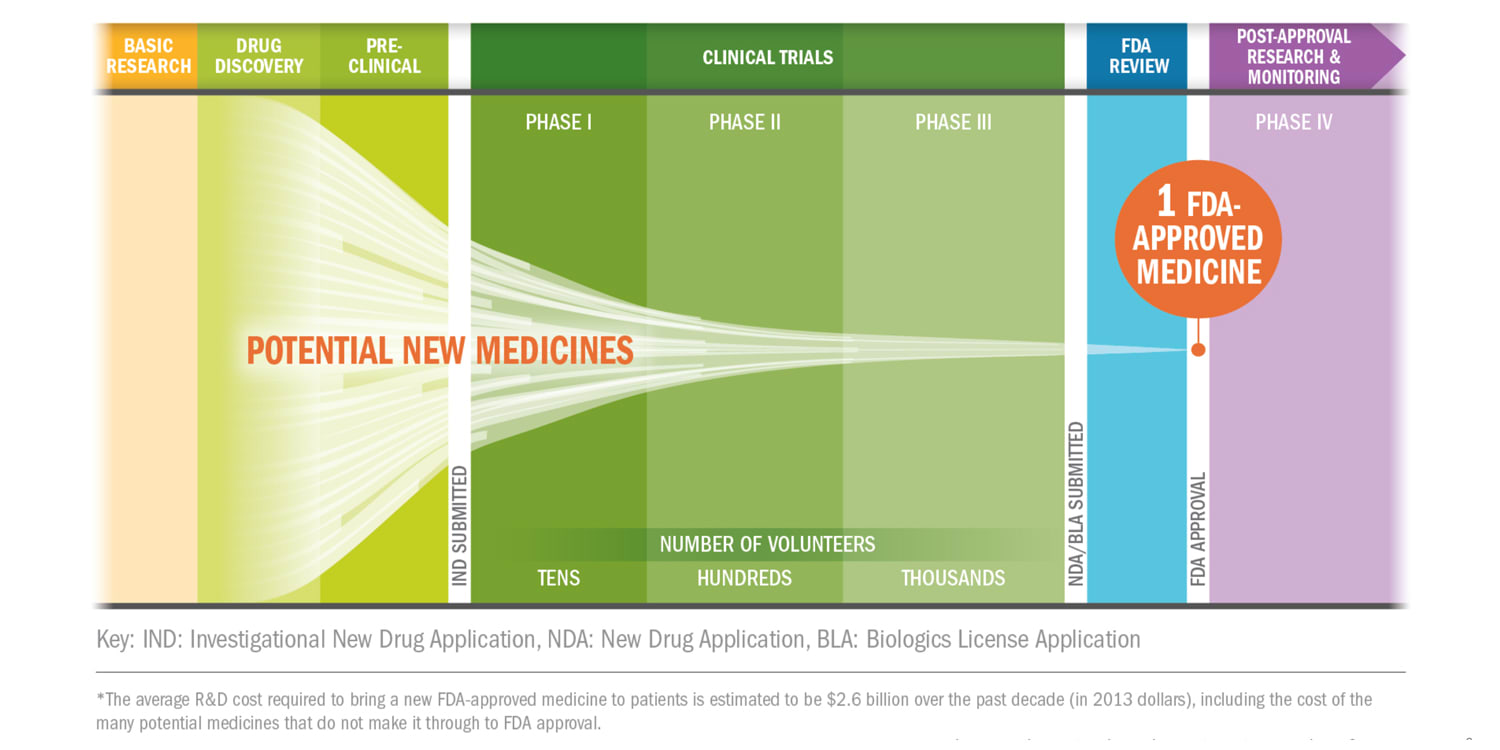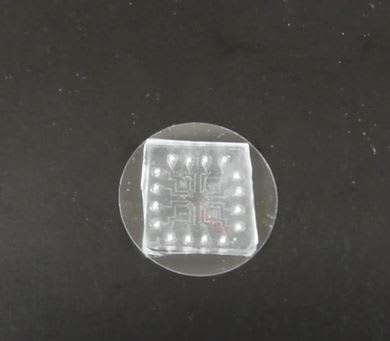Nano 3D Printed Liver Model
Problem
In the United States, the drug approval process is lengthy and time consuming. Drugs are tested on cells cultured in vitro to predict how the human body may respond. Given the narrow percentage of drugs that are ever approved, pharmaceutical companies spend countless hours and billions of dollars every year to develop and test drugs that eventually turn out to be unsuccessful. In addition, drug induced liver damage or liver failure has been shown to be the most common cause of pharmaceutical drug recall.

The pharmaceutical drug trial process requires an average of 10 years of testing per medication. In 2013, the average R&D cost per medication was estimated to be $2.6 billion. (Source: PhRMA, 2014)
Our Solution
Our team’s goal is to develop a liver on a chip model with potential applications in pharmaceutical testing that more accurately resembles the complex mechanical, structural, and cellular properties of a human liver lobule. An “organ on a chip” is a microfluidic cell culture device that contains hollow chambers inhabited by living cells. For our project, we intend to use novel biomaterials and microfluidic technology to 3D print a liver model that is both biologically accurate and cost-effective. As UMD is one of the few schools in the nation to have access to a Nanoscribe printer, we are able to print a physiologically accurate liver sinusoid right here, on campus.

Image of our microfluidic device fabricated using soft lithography techniques
Our Team
Team Micro is an undergraduate research team under the Gemstone Honors Program at the University of Maryland. Our team is composed of 9 juniors of different majors, including Bioengineering, Biology, and Computer Science. Under the mentorship of Dr. Ryan Sochol, we utilize the machines in the Bioinspired Advanced Manufacturing Lab and NanoFabrication Lab at UMD to create our devices.
How Can You Help?
Lab materials including cell culture media, cells, and assay kits for testing are expensive as well as reserving use of various lab machines. By donating, you would be supporting our research, helping provide for these lab materials, and supporting us in our goal to create a more physiologically accurate cell culture device. An application of this device could improve the pharmaceutical drug trial process leading to safer medications screened in less time.
Please visit our website to learn more about our team! : http://teammicro.weebly.com/
Gifts in support of the University of Maryland are accepted and managed by the University of Maryland College Park Foundation, Inc., an affiliated 501(c)(3) organization authorized by the Board of Regents. Contributions to the University of Maryland are tax deductible as allowed by law. Please see your tax advisor for details.
$5
Endothelial Cell
Your contribution will allow us to purchase glass slides, an essential substrate on which we 3D print tiny microchannels for evaluation and testing.
$10
Stellate Cell
Your contribution will allow us to purchase a silicon wafer on which we can use photolithography techniques to imprint our liver microchannels.
$25
Hepatocyte
Your contribution will provide us with timed access to the photolithography machines in the Fabrication Lab, including the Branson Barrel Resist Stripper that is used to bond our chip to the glass slides.
$50
Sinusoid
Your contribution will provide us with timed access to a scanning electron microscope, a powerful tool that will allow us to photograph our 3D printed structures in high definition.
$100
Portal Vein
Your contribution will provide us with timed access to the Nanoscribe 3D printer in the Terrapin Works facility, an essential instrument that we will use to 3D print tiny microchannels in our model.
$250
Central Vein
Your contribution will help cover the required registration and travel fees for one of our members to attend a professional conference and present our work.
$500
Lobule
Your contribution will allow us to purchase a cell assay kit that we will use to evaluate the behavior and metabolic activity of the liver cells in our model.
$1,000
Liver
Your contribution will allow us to purchase an immortal line of liver cells that we will use to evaluate the efficacy of our organ-on-a-chip model.


